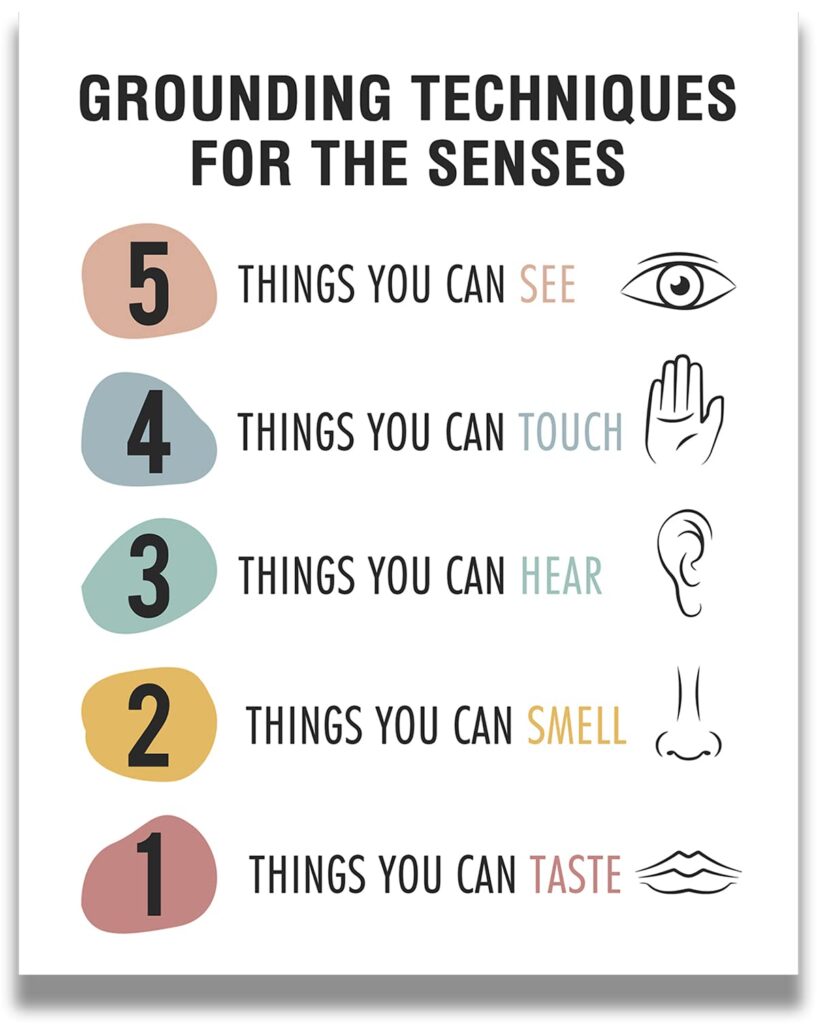
How to help children and teens manage their stress
(from the American Psychological Association)
In the short term, stress can push a child to practice for her piano recital or inspire a teen to study when he’d rather be out with friends. But chronic stress—for example, from unrelenting pandemic-related pressures, social unrest, or violence—is different. Left unchecked, long-term stress can contribute to a long list of physical and mental health problems. It can also lead to mental health problems such as anxiety and depression—disorders that are becoming more common in youth.
Facing stressors is a fact of life, for children and adults. These strategies can help keep stress in check:
- Sleep is essential for physical and emotional well-being. To protect shut-eye, limit screen use at night and avoid keeping digital devices in the bedroom.
- Physical activity is an essential stress reliever for people of all ages. The U.S. Department of Health and Human Services recommends at least 60 minutes a day of activity for children ages 6 to 17.
- Talking about stressful situations with a trusted adult can help kids and teens put things in perspective and find solutions.
- Make time for fun—and quiet. Just like adults, kids and teens need time to do what brings them joy, whether that’s unstructured time to play with building bricks or uninterrupted hours to practice music or art. Also, while some children thrive bouncing from one activity to the next, others need more down time. Find a healthy balance between favorite activities and free time.
- Spending time in nature is an effective way to relieve stress and improve overall well-being.
- Learn mindfulness. In a study of a 5-week mindfulness training program for 13- to 18-year-olds, researchers found that teens who learned mindfulness experienced significantly less mental distress than teens who did not.
Grounding your mind and body
As kids grow older, they face new stressors and challenges. By helping your child develop healthy coping skills (tools to help them manage their feelings and reduce stress), you’re helping them become more resilient (better able to handle life’s ups and downs).
Learn how to practice grounding.
Volunteer Opportunities
There are a variety of volunteer opportunities at awesome nonprofits throughout Westchester and Putnam Counties. To view these opportunities, please check out Volunteer New York!
Upcoming Events and Webinars
From our partners at Drug Crisis in Our Backyard, weekly Spotlight Family Support Groups, held virtually every Tuesday and Wednesday via Zoom. Spotlight on Recovery is a Family Educational and Support Group for families struggling with a loved one misusing substances. For more information, click here.
The Parent Support Network
The Parent Support Network is a program of The Youth Mental Health Project that seeks to provide support for parents and guardians who are concerned about the mental health of their children through confidential, peer-to-peer meetings. For a list of upcoming virtual meetings, click here.
Westchester Breathes features exercises taught as BREATH-BODY-MIND™ (BBM) – a program of gentle movement, breathing and relaxation exercises that reduce the experience of stress and anxiety and increase a sense of calm and well being. These exercises are simple and evidence-based in their impact on an array of populations – including children, adults, and individuals with depression or PTSD. Held every Friday at 9:30am via Zoom. Register now.
January 4: Setting Healthy Boundaries in Relationships
Learn how to express your needs without guilt, strike a balance between caregiving and self-care, and tips for negotiating compromises. Register now.
January 11: Understanding Anxiety
Occasional anxiety is an expected part of life. But anxiety disorders involve more than temporary worry. Register now.
January 19: Understanding Cutting and Self-Harm
Explore what self-harm is and is not, why people purposefully hurt themselves, and the symptoms to look for. Register now.
January 19: Virtual Overdose Prevention Training
Naloxone is a prescription medicine that reverses an overdose by blocking heroin or other opioids in the nervous system for 30-90 minutes. Naloxone is administered by injection or intranasal. Following training, participants receive a kit by mail. Presented by our partners at Drug Crisis in Our Backyard.
Register by email: ssal@drugcrisisinourbackyard.com
January 26: K.N.O.W 2 Prevent: Youth Marijuana Use: What Do We Know and What Should We Do?
Recommendations for messaging, prevention, and intervention efforts to address youth marijuana use. Register now.
January 26: Empowering Loved Ones
Explore the complications of mental illness, the four dimensions of recovery, and how to develop a recovery plan with a licensed therapist. Register now.
January 30: Emotional Regulation in Kids
When children don’t understand their emotions, challenging behavior can arise. Register now.
Please visit the ASK calendar here for more upcoming events and follow ASK on social media!


